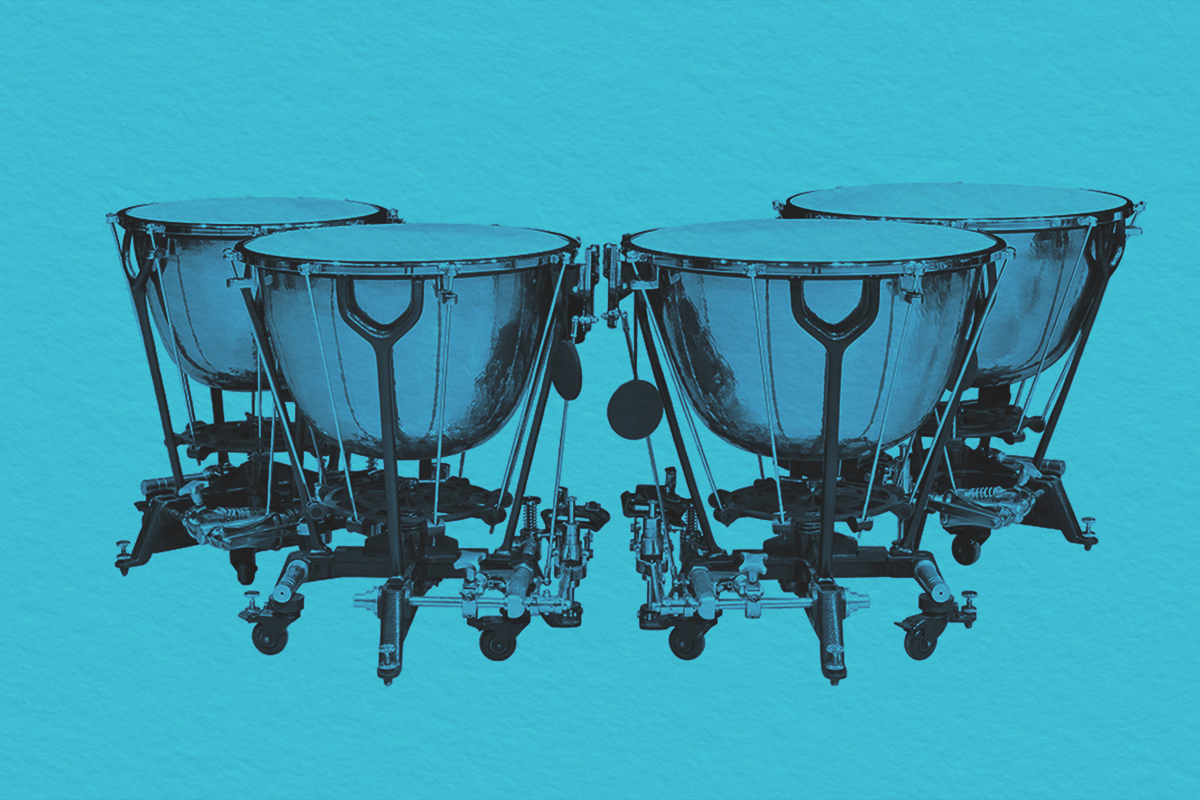
The adjective “fit” is often used to describe avid gym-goers, marathon runners, and athletes of all kinds. Some might even call these folks “fit as a fiddle,” an idiom defined by Merriam-Webster as meaning “in good physical condition.” But why do fiddles get this treatment? Why not “healthy as a harp” or “virile as a violin”? As is the case with many idioms, the connection between fitness and fiddles has to do with our collective love of alliteration, but there’s a bit more to be said.
The phrase “right as a fiddle” appeared around the end of the 16th century as a way to say something was suitable for its intended purpose. “Fit” has a somewhat obsolete definition of “made or put in a suitable condition” that relates to this usage. Why a fiddle was chosen is hard to know for sure, but one theory relates to the instrument’s reputation for craftsmanship and the dexterity required to play it.
A few years later, the phrase evolved to incorporate alliteration, as shown in 1603’s The Batchelars Banquet: “Then comes downe mistresse Nurse as fine as a farthing fiddle, in her petticoate and kertle.” The context here suggests that the nurse was suitably prepared. The exact phrase “fit as a fiddle” appeared in writing in the early 1600s, and similar wording included “fine as a fiddle” and “face made of a fiddle,” meaning “to be charming.”
It wasn’t until the 19th century, however, that “fit as a fiddle” came to imply good physical condition. That’s because this definition of the word “fit” simply didn’t exist until then. According to the Oxford English Dictionary, the earliest use of “fit” as a synonym for “good health” dates to 1869. After this new usage evolved, the idiom developed its modern meaning.

















